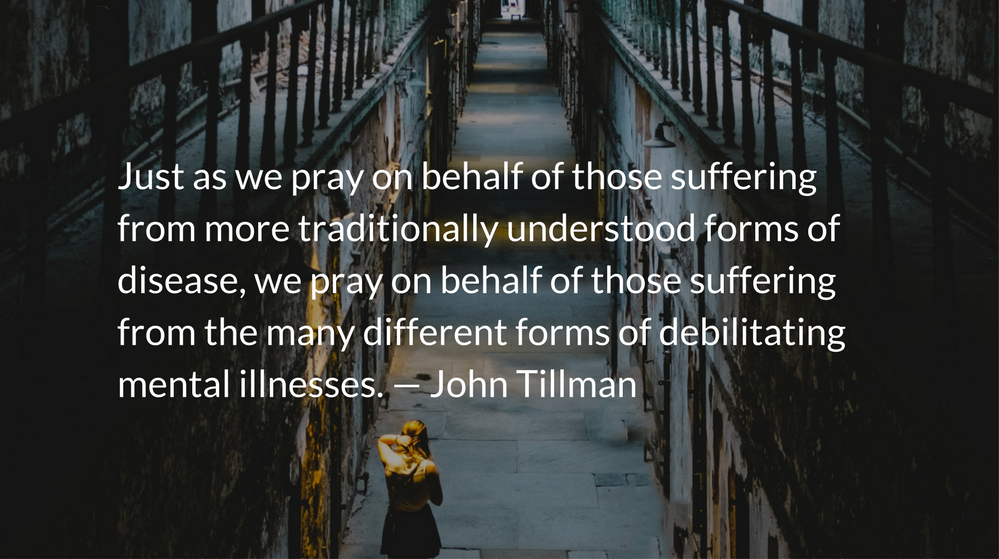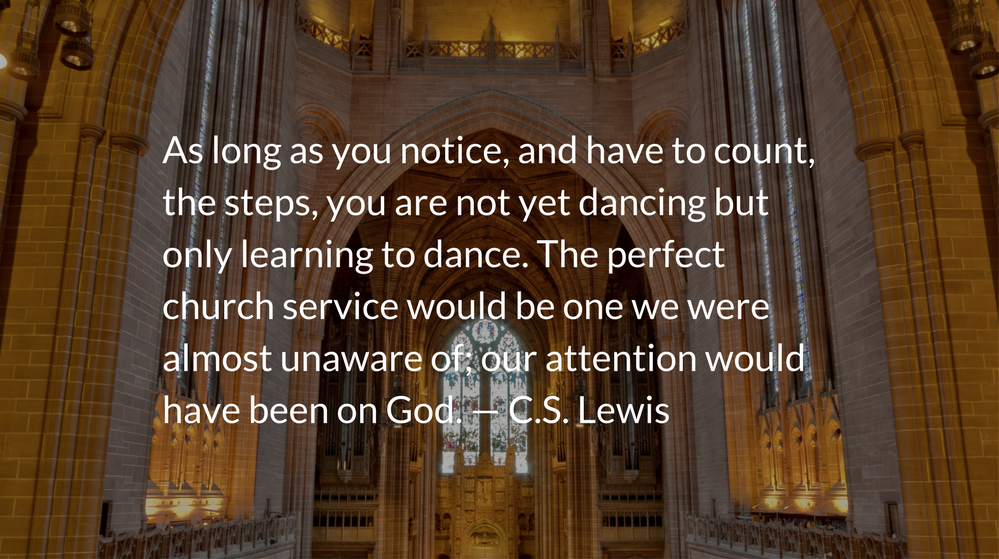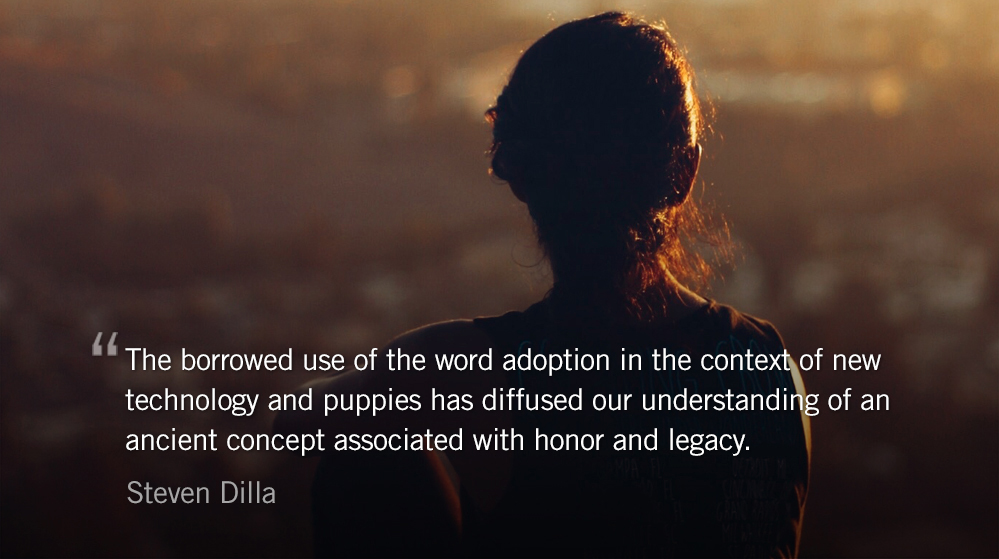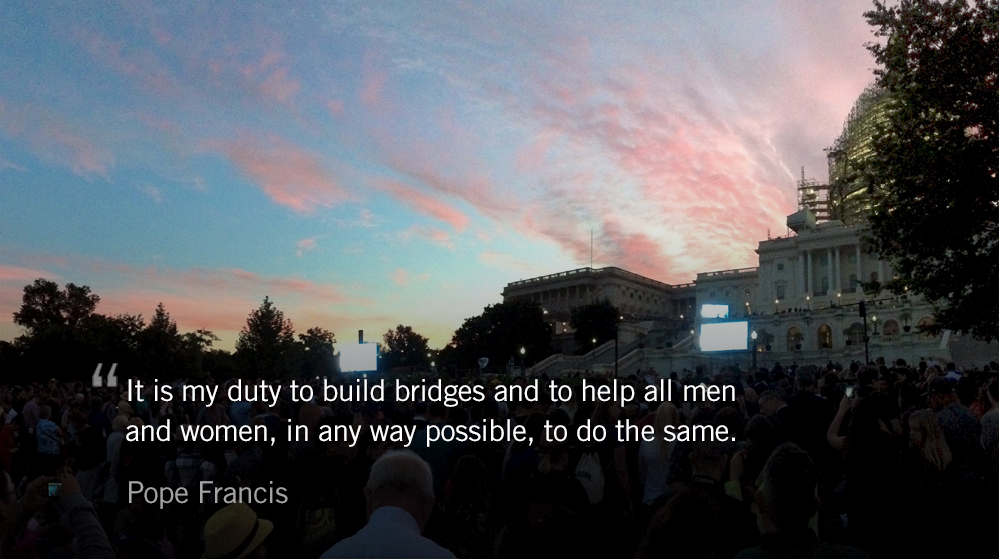Scripture: 1 Corinthians 16:14
Do everything in love.
Reflection: Treatment of Mercy
By John Tillman
Yesterday, September 10th, was World Suicide Prevention day. September is Suicide Prevention Awareness Month. Many churches in the United States observed a National Day of Prayer for Faith, Hope, and Life this past Sunday.
Just as we pray on behalf of those suffering from more traditionally understood forms of disease, such as cancer, diabetes, or heart disease, we pray on behalf of those suffering from the many different forms of debilitating mental illnesses.
As a reflection, we share a few quotes from articles promoting and supporting the day of observance.
Kay Warren
While mental illness is common, it is still an uncomfortable topic in most avenues of society. It is time for faith leaders to stand in the gap and speak up for people living with mental illness and suicidal thoughts.
As suicide loss survivors, Rick and I know firsthand the almost unbearable agony that accompanies the suicide of someone you love. We ache for those in our congregation — and in yours — who are experiencing despair. These friends — brothers and sisters in Christ — need to know that their church is a safe place to share the inward torment of their pain, and that their pain will be met with deep compassion and acceptance.
Ed Stetzer
It is common practice in churches, however, to treat mental illness differently. We immediately assume there is something else, some deeper spiritual struggle causing mental and emotional strain.
The fact is that mental illness and spiritual struggle can be (and are) related. We are not separate things, we are complex people – remarkably connected in spirit, soul, body, mind, etc.
But, let me be direct here: if we immediately dismiss the possibility of mental illness and automatically assume spiritual deficiency, our actions amount to spiritual abuse.
May we accept into our fellowship not only the exuberant, undignified dancing of David, but also the sorrowful, undignified weeping of Hannah.
May we embrace and treat with mercy and understanding those who struggle with mental illness. May we seek to treat them medically, spiritually, and relationally, as we support them within our communities as treasured ones, loved by Christ.
Resources
Suicide Prevention Lifeline
Action Alliance for Suicide Prevention
Suicide Prevention Resource Center
Mental Health Grace Alliance
Not A Day Promised Resource Page
The Prayer Appointed for the Week
Grant me, O Lord, to trust in you with all my heart; for, as you always resist the proud who confide in their own strength, so you never forsake those who make their boast of your mercy; through Jesus Christ our Lord, who lives and reigns with you and the Holy Spirit, one God, now and for ever. Amen.
– From The Divine Hours: Prayers for Summertime by Phyllis Tickle.
Full prayer available online and in print.
Today’s Readings
2 Samuel 6 (Listen – 3:34)
1 Corinthians 16 (Listen – 2:54)











